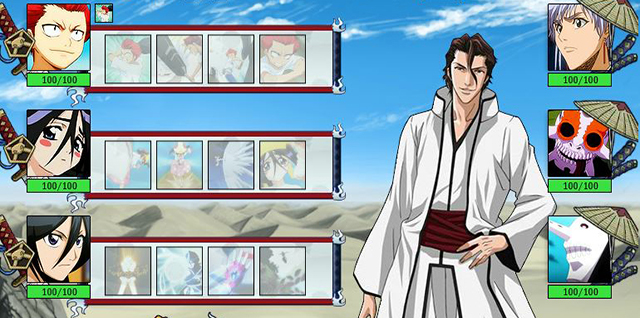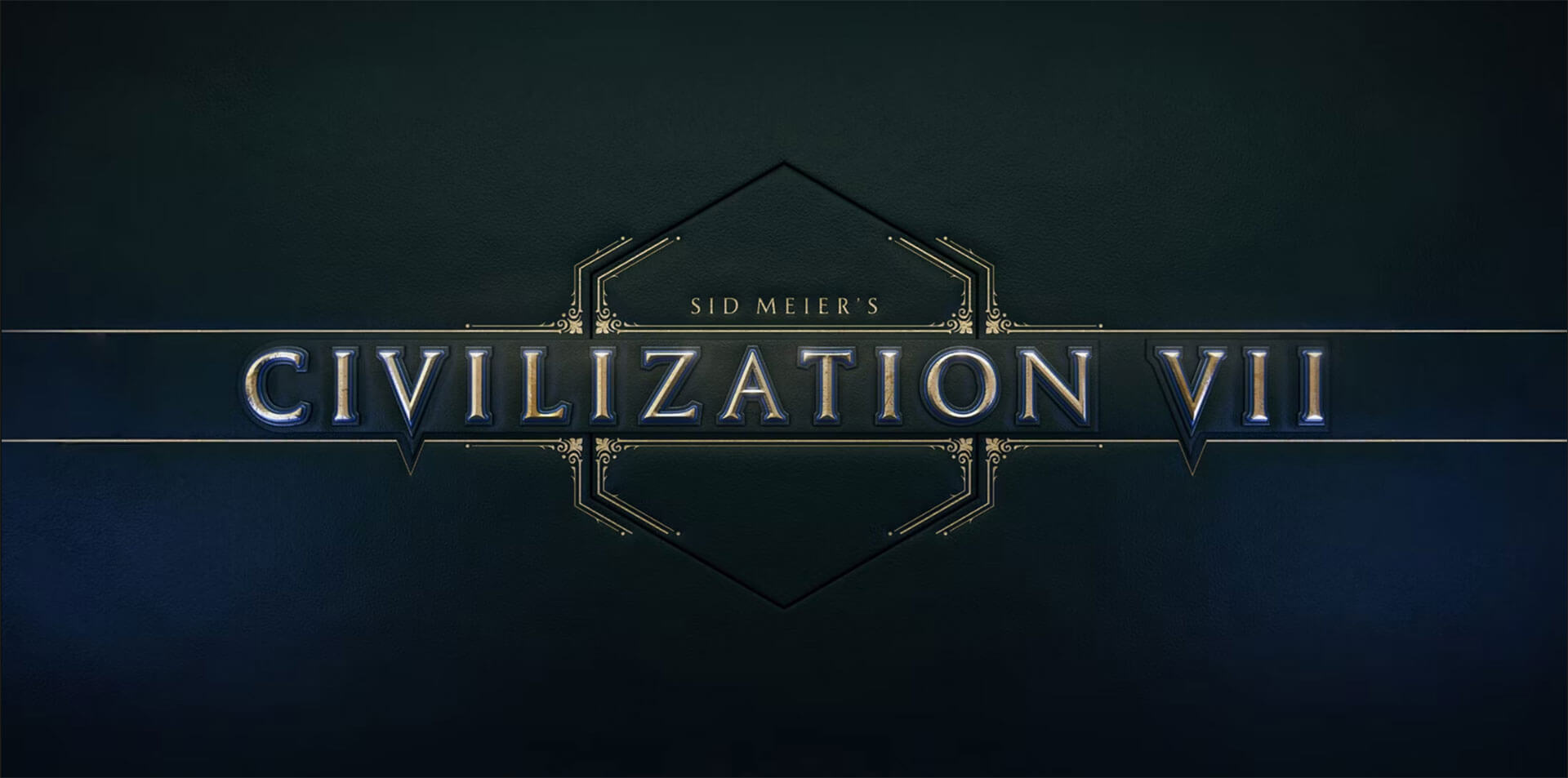Proposal
The AFK (Away From Keyboard) game development symposium is an event designed to provide passionate SIAT undergraduate game design students with a chance to showcase their work to an industry audience. Students were encouraged to submit their game development projects to one of the four event categories: narrative, immersion, artificial intelligence, and level design. From each category one project was selected to present their work for feedback from a panel of four Vancouver games industry judges, as well as an audience of attendees. Students and attendees were also invited to the post-event mixer for a chance to network with Vancouver game industry officials and jumpstart their careers. In addition to student projects the symposium also featured two talks delivered by SIAT PhD faculty. These talks focused on the speaker’s academic research involving expanding video games into areas beyond traditional entertainment.
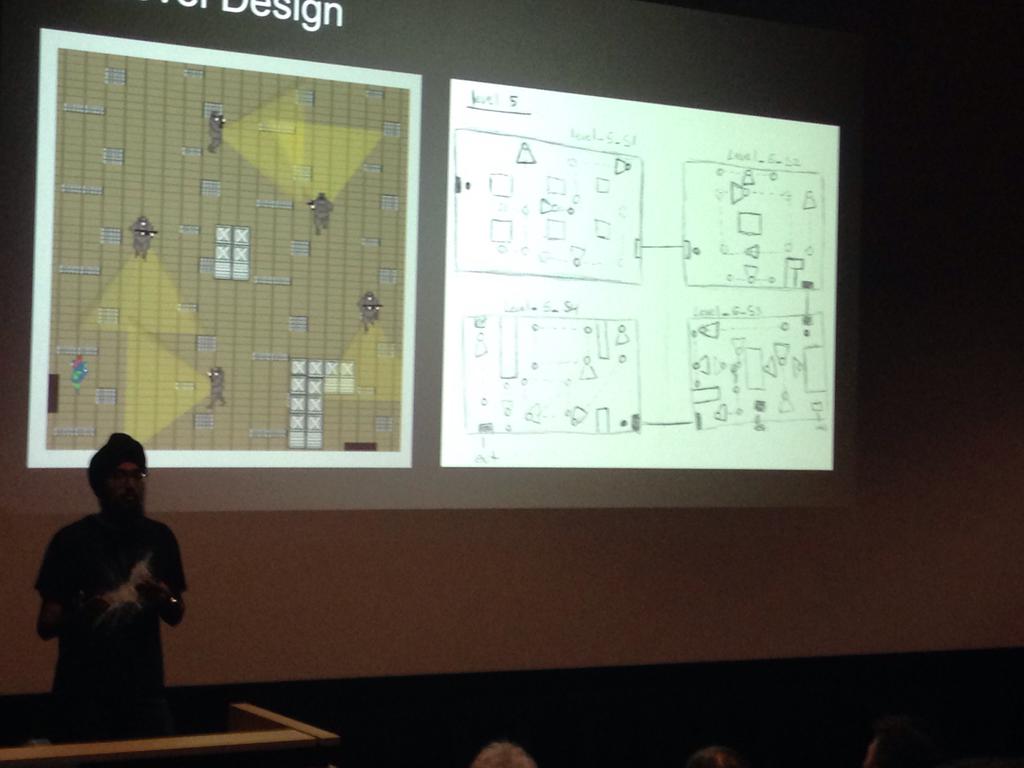
When creating AFK we first had to draft an initial event proposal to be presented to a SIAT faculty representative. Afterwards we then had to create projections of all of the logistics included in running the event including: facilities, budget, and both long term and short term schedules. We then presented our revised proposal to the head of the SIAT department in order to obtain permission to host AFK as an official SIAT event.
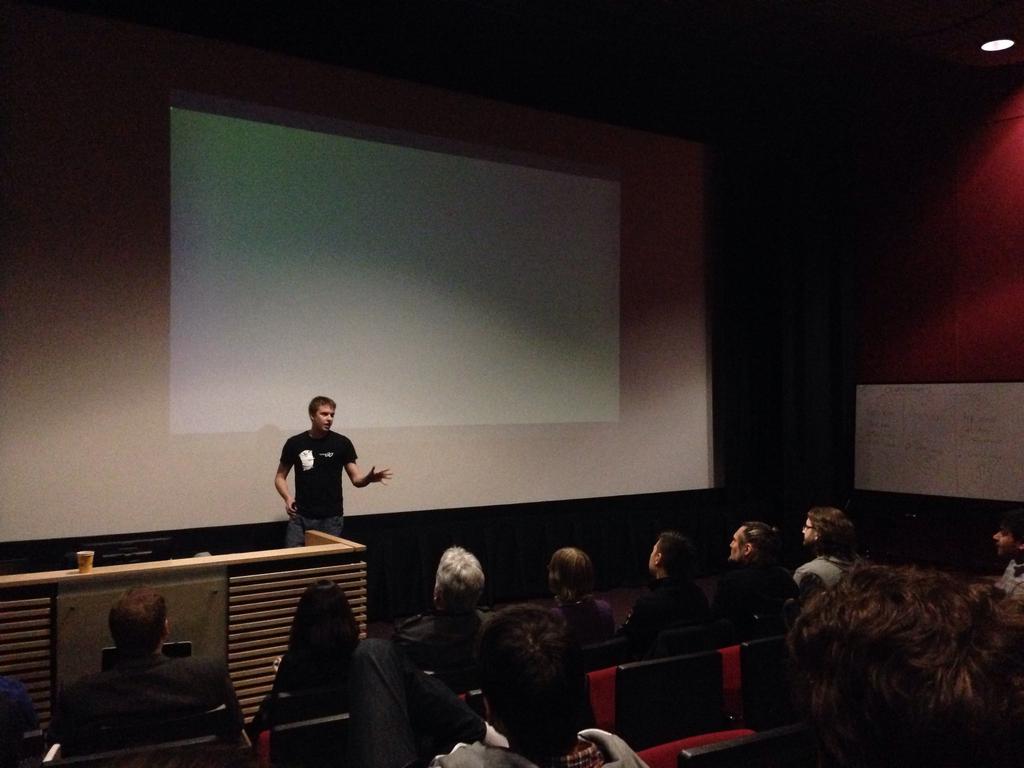
Planning
While planning AFK we had to consider a number of factors such as: facilities, budget, and marketing. As AFK was an official SIAT event we were able to book rooms internally and host the event on-campus for free. Initially we had planned to host the mixer portion of the event at a nearby pub but after encountering a number of logistical problems we instead moved the mixer to also take place on campus. In order to meet all legal requirements we obtained a liquor license and recruited a licensed bartender to serve alcohol during the event. Other facility planning including equipment rentals was handled through the SFU facilities and IT departments.
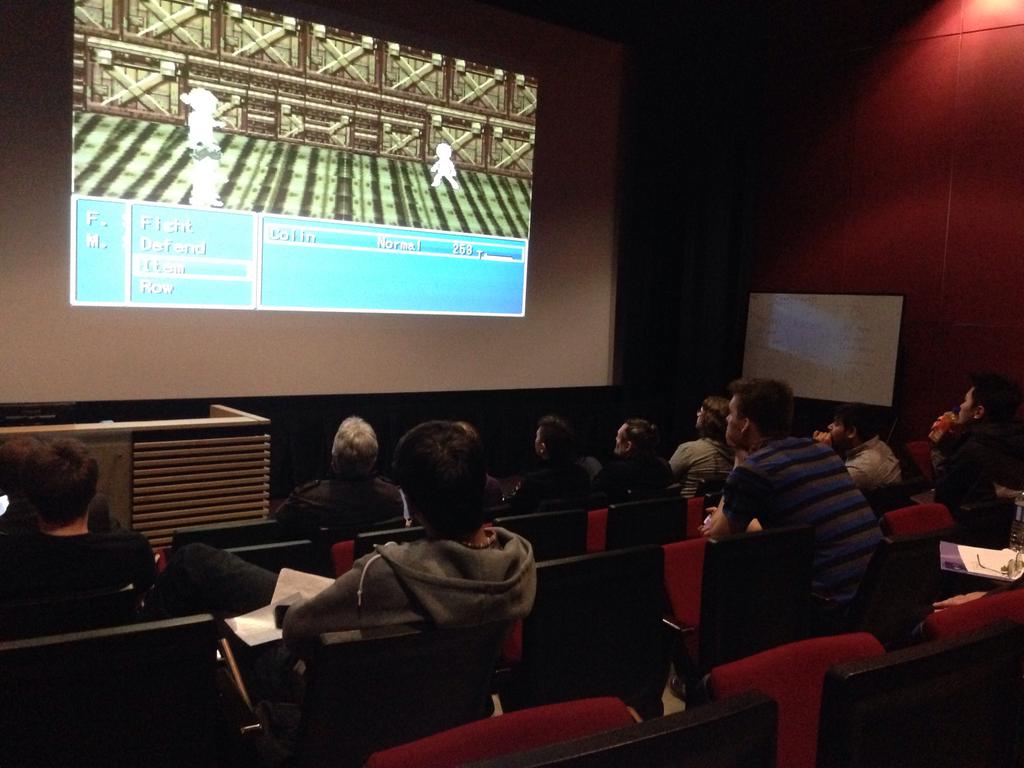
As we had already created a best case scenario budget, our next concern was obtaining sponsorship donations in order to cover the required expenses of the event. In order to search for sponsorships we created a event sponsorship package outlining a number of sponsorship benefits as well as incremental donation tiers. Next we attended numerous Vancouver game industry networking event to promote the event and its sponsorship opportunities. Overall we were successful in obtaining enough donations to fund the event with sponsorship from: The School of Interactive Arts and Technology, SFU Cooperative Education, East Side Games, Archiact Interactive, and Tealeaves.
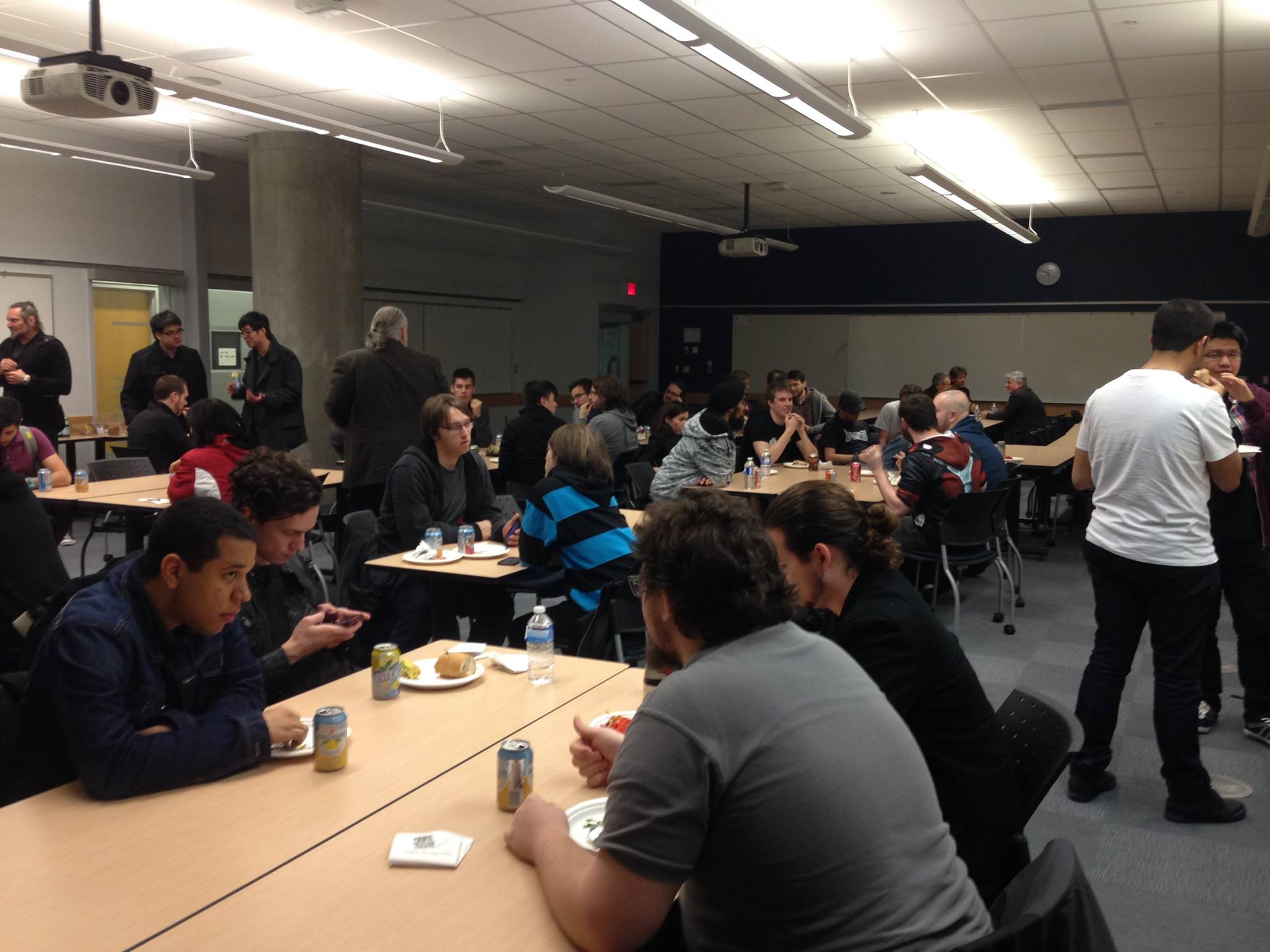
We used a number of methods to market the event and encourage attendance. First we print advertisements that were posted on the SFU Surrey Campus as well as digital advertisements that were shared out to students through the SIAT social media channels. These advertisements promoted both attending and/or participating in the event and featured our Sponsoring companies logos as a indication of authenticity. We then made arrangements with instructors of relevant game design class to visit their lectures in order to pitch the event to students with relevant experience. As previously mentioned we also attended numerous networking events around Vancouver in order to encourage a game development industry presence at the event. Finally we used 100 Google Cardboard headsets donated by Archiact Interactive as a registration incentive. Overall each of these methods were successful in securing attendees with the Google Cardboard promotion proving to be the most successful.
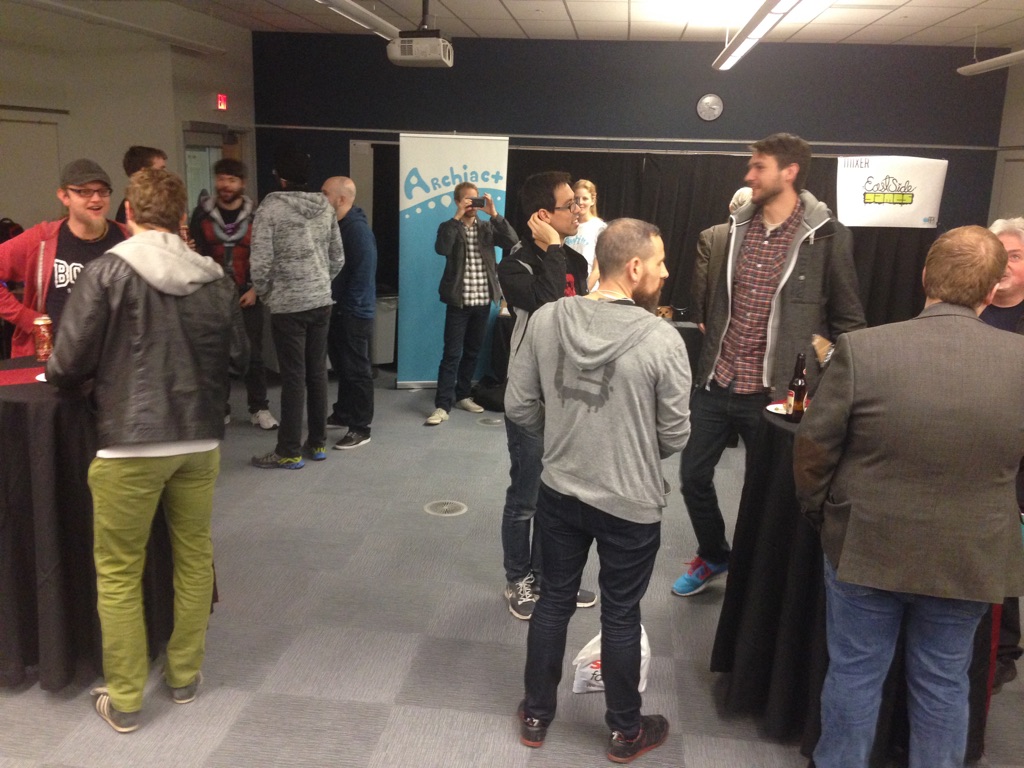
My Role
In creating this event I took on the role of both founder and coordinator. I conceived the initial idea to create AFK with inspiration from a similar annual user experience design conference held at SFU. After deciding to pursue the idea I gathered a team of likeminded upper division students and assigned individual roles based on their strengths to form a AFK organization committee. As the event coordinator I was in charge of all major planning decisions handled all meeting and communications regarding the event. Using existing network connections from my time at SFU I was able to recruit four industry panelists as well as three speakers. When going over the content of the event I worked with my team to select the four student projects to present to the industry panel, and in the days leading up to event I worked with each of the teams to revise their presentation to ensure the highest quality possible. On the day of the event I recruited fellow students to act as the event MC and videographers while keeping myself available to address any potential problems that may have occurred.
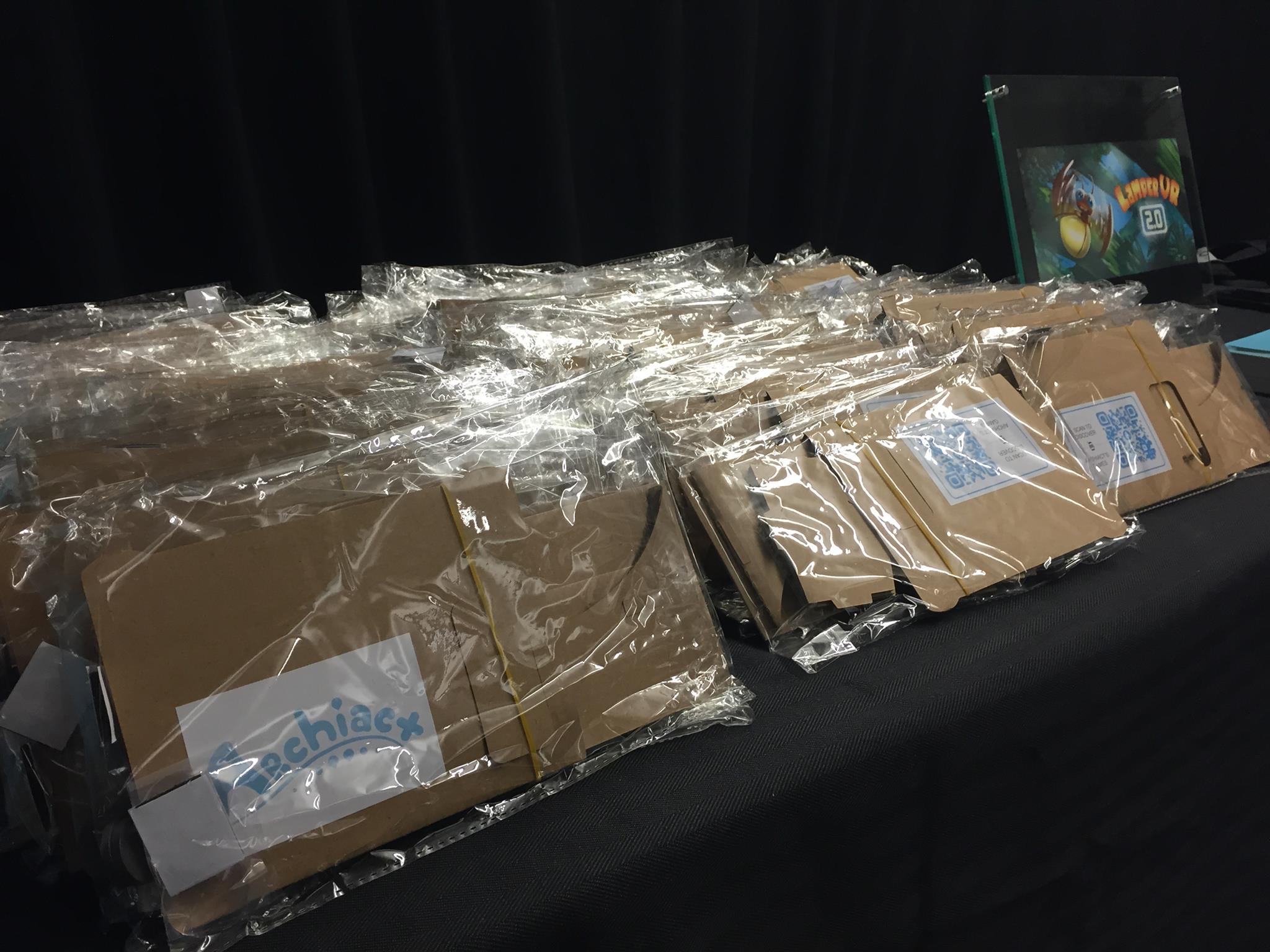
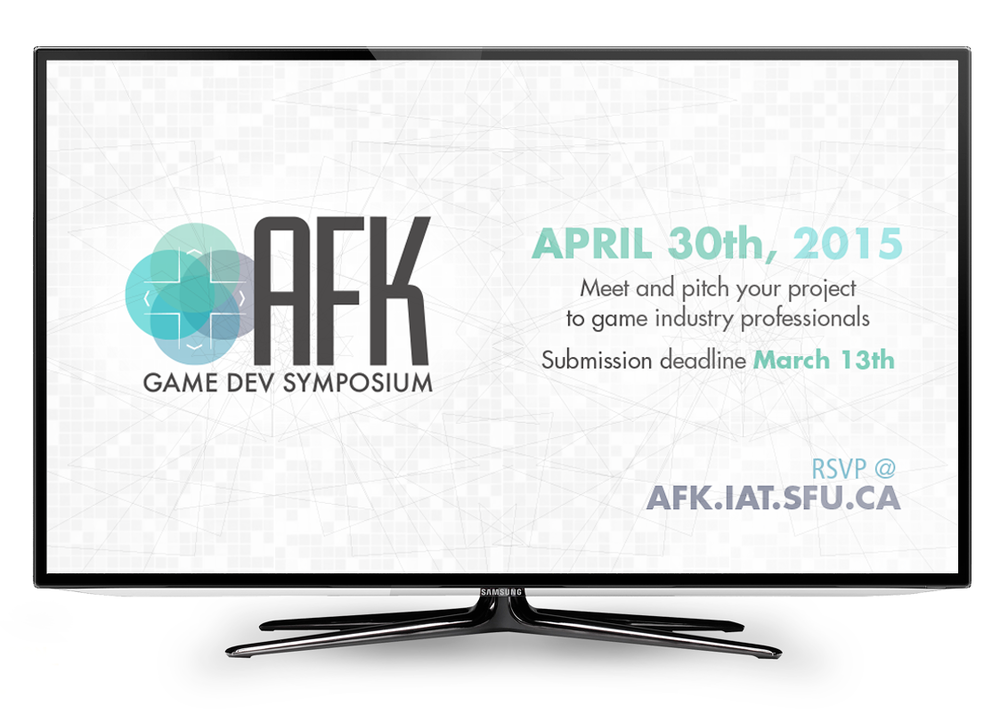
Participation and Outcome
Overall I am more than happy with the result of our work and consider AFK to have been highly successful in its first iteration. We had a total of 110 tickets sold with roughly 65-70 attending the day of the event. The panelists included representatives from successful studios including: East Side Games, Relic Entertainment, Roadhouse Interactive, and IUGO Mobile Entertainment. We were also happy to feature an opening talk by Dave Fracchia from the Centre for Digital Media who created a game show style interaction focusing on the current state of the Canadian game development industry. Perks for attendees included door prizes totaling $175 in value as well as catered breakfast, lunch, and dinner meals.
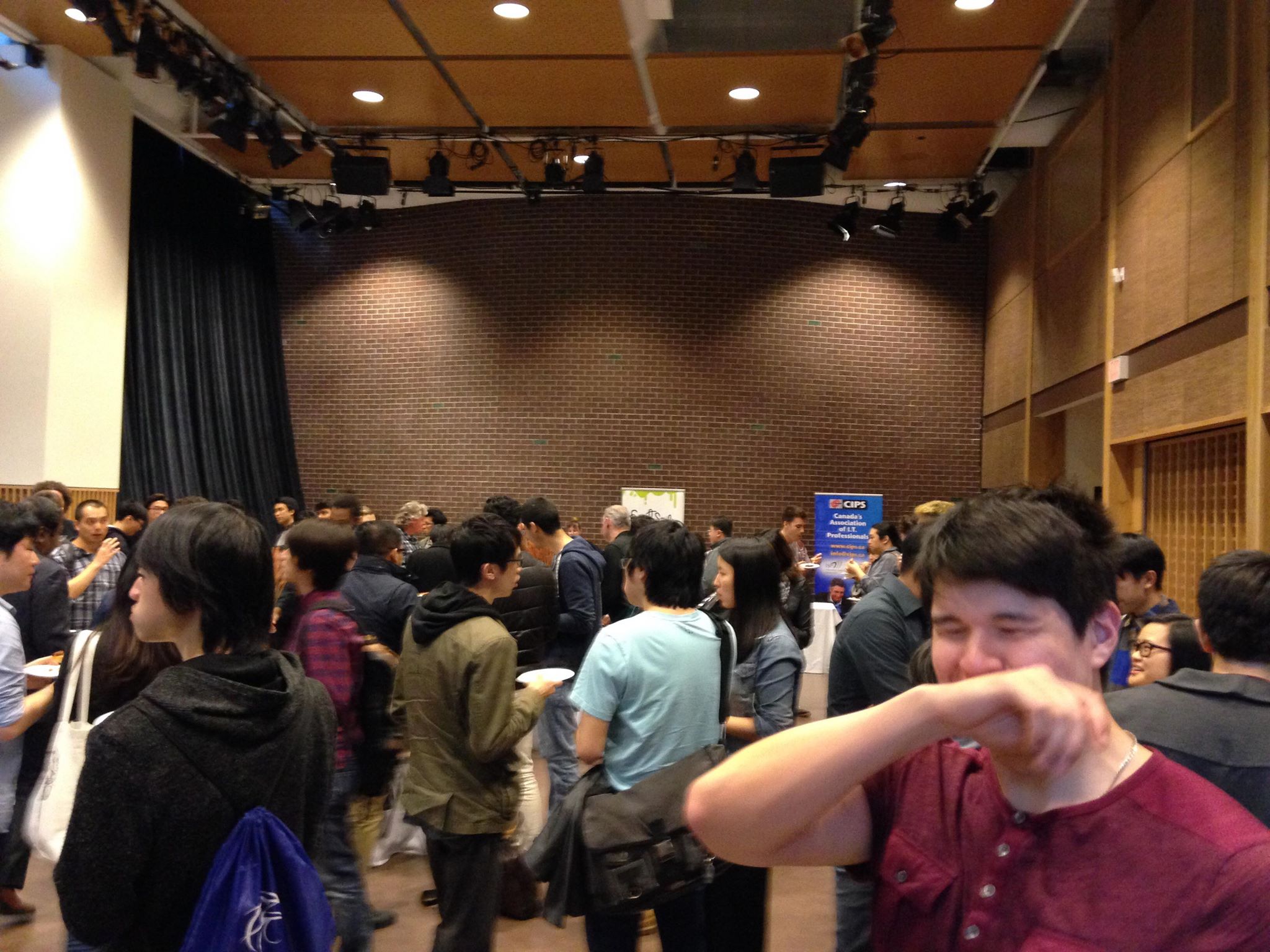
For the second year of AFK in 2016 I reprised my role as the primary coordinator for the event. Building on a successful first year AFK was moved to a new venue at the SFU Goldcorp Centre for the Arts in downtown Vancouver in anticipation of higher attendance numbers. AFK 2016 sold 205 tickets (of 250 available) and recorded 157 in attendance on the day of the event. An entirely new group of panelists was recruited and represented studios such as: Electronic Arts, Bandai Namco, Roadhouse Interactive, and the Centre for Digital Media. Based on the recorded increase in tickets sold and attendance I consider AFK 2016 to be an overall success and am excited to see the event continue to grow in the future.
Based on the highly positive reception the SIAT event planning staff plans to continue working with us to develop AFK into a fully supported annual event. To ensure that the event remains a student led initiative we have chosen a new group of talented SIAT students to take over as next year's organization committee. I plan to take a step back from my position as coordinator while staying in touch with the new committee to provide network contacts and creative input when needed.
